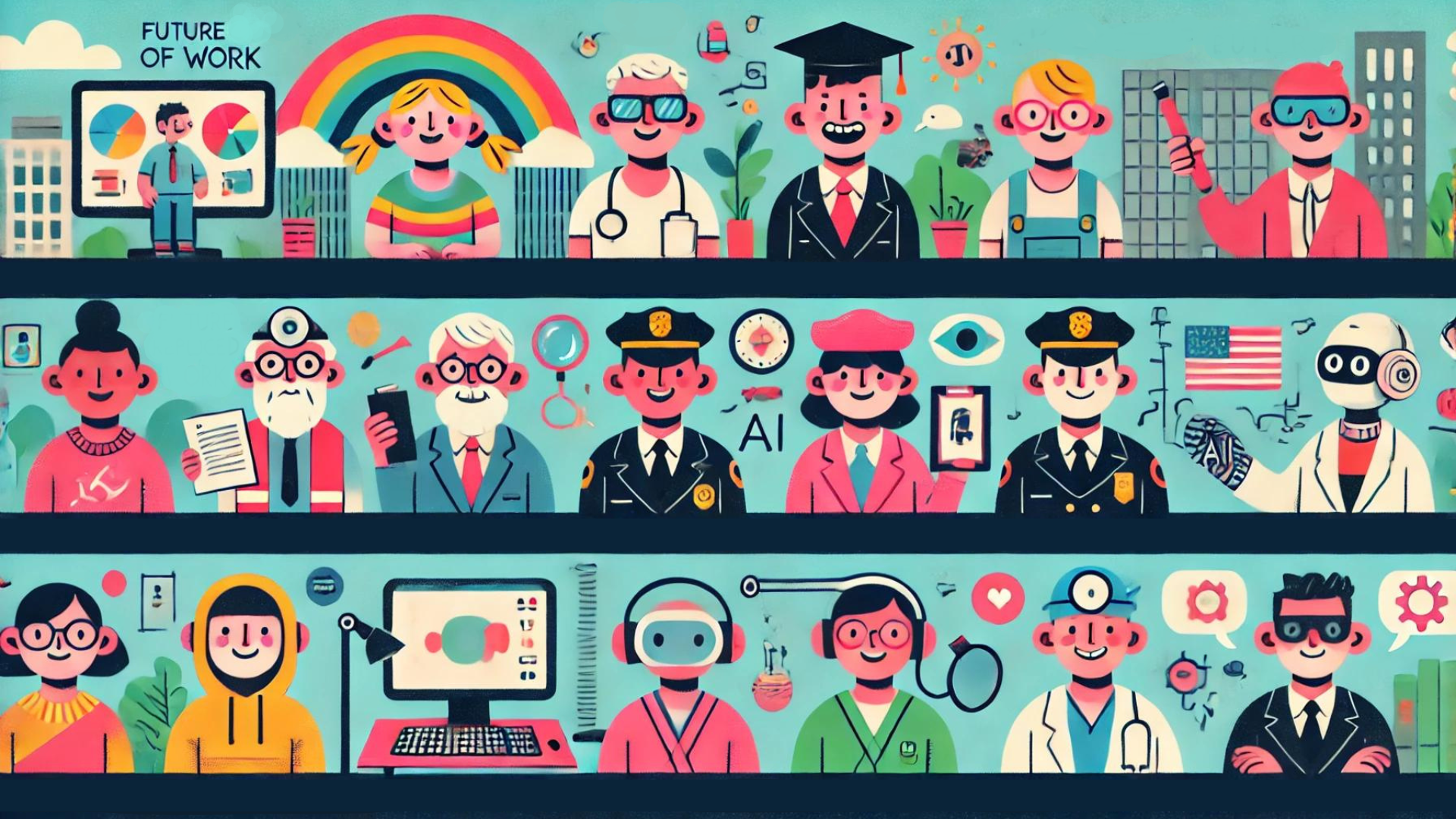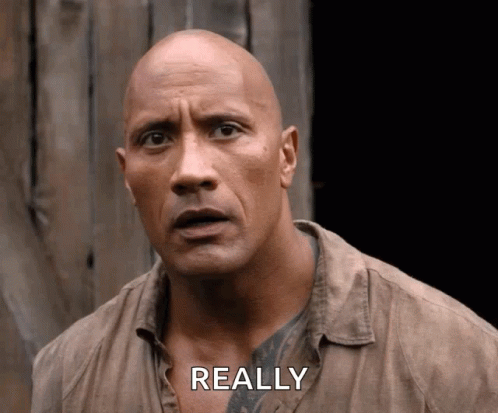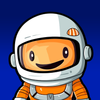How AI Will Transform the World of Employment 🎢
AI's impact on jobs: Exploring roles at risk, safe careers, and how AI tools like Alisha SDR are reshaping employment in the AI era.

The rise of generative AI in the workplace is inevitable. There's a lot to be excited about it. Artificial intelligence has been around for years, but scarcely has it found itself in conversation as much as it has now.
AI and Humans: Successor vs Predecessor
For about 2.6 million years, humans have been making tools. Many of our inventions make it so we don't have to work as much. When we got good at farming, just a few people could grow enough food for everyone else. Cities grew and many people stopped being hunter-gatherers. They found new jobs instead. One important new job was being a scribe, which was a respected role.
Now, the scribe's distant relatives, writers, worry that AI might take their jobs.
Where only one in 20 people worked on farms?
Could you have anticipated the range of new jobs available to workers today?
Even 20 years ago, economists probably wouldn't have predicted that there would be 800,000 personal trainers employed in the US today and 2.5 million jobs in the app development industry.

We may be experiencing the same difficulty today in trying to imagine the new, unknown jobs of the future. We can't see into the future, but we can shift our perspective on the possible creation of new jobs by asking broader questions.
How will AI affect jobs and the economy?
AI is coming for about 300 million jobs worldwide - that's 9.1% of all jobs on Earth! It's true, AI probably will replace some jobs. But it will also create two or three new jobs for each one it takes. The tricky part is that we don't know exactly what those new jobs will be.
Which jobs will not be replaced by AI?
People say AI will make more jobs than it takes away. Some workers will be relieved to know AI won't threaten their jobs. These jobs don't involve repetitive tasks, so AI is less likely to replace the people who do them.
Teachers 🧑🏫
Many of us remember inspiring teachers who influenced our academic choices. It's almost impossible that teaching will become fully digital in the future.
Lawyers and Judges 🧑⚖️
These jobs involve a lot of negotiation, strategy, and analysis of cases. They require special skills to navigate complex legal systems and argue for clients in court. For judges, there's a human factor in considering all aspects of a trial and making decisions that could mean years in prison.
Directors, Managers, and CEOs 🧑💼
Leading teams is about more than just following a set of rules. CEOs share the company's mission and values with the team. Investors probably won't want to put money into a company run by robots.
Psychologists and Psychiatrists 🧠
AI is being used for basic counseling and support. However mental health is sensitive and needs a human touch to help people.
Surgeons 🧑⚕️
Technology has made it easier to find diseases and do precise surgeries. However, surgeons need to connect with patients and use their years of knowledge and skill during operations.
Computer System Analysts 🖥️
We'll always need humans to maintain, update, and improve complex computer systems. They review the systems, control workflow, and make things more automated
Artists and Writers ✍️
Writing is a creative art that involves putting words together in just the right way. Even if AI could read most books, the magic of making art with words is something humans will keep doing.
Which jobs will be affected by AI?
Customer Service Representatives 🤙
Most customer service isn't done by phone with human employees anymore. Customer questions and problems are often repetitive. Answering them doesn't need high emotional or social intelligence, so AI can give automated responses to common questions.
Receptionists 💺
Most companies now use robots at reception, and even calls are handled by AI. For example, AimeReception can see, listen, understand and talk with guests and customers.
Retail 🛒
Self-checkout stations in stores are an example of retail automation, especially in grocery and big-box stores. Even though self-checkout can lead to more theft, companies still save money by needing fewer employees at registers.
Salespeople💼
Companies are changing the way they sell and advertise. They're using the internet and social media to reach the right people with the right message. This means they can create ads that are perfect for each group of customers.
And this is where Alisha comes in!

Floworks and AI-SDR Alisha
At Floworks, we're using AI to help salespeople be their best.
What is AI SDR Alisha
We created Alisha, an AI-powered Sales Development Representative, to make sales teams unstoppable. When salespeople work with Alisha, they can do the work of a whole team by themselves.
What does AI SDR Alisha do?
Alisha isn't trying to replace human salespeople. Instead, she's like a super-helper that makes them better at their jobs. With Alisha's help, salespeople can do amazing things. They can reach more people, get more meetings, and make more money.
So while some sales tasks may become automated, Floworks and Alisha show that AI can also be used to empower human salespeople, not just replace them. The future of sales is likely to involve this kind of collaboration between humans and AI, rather than a complete takeover by machines.
Floworks and Alisha are leading the way, showing that AI can be a salesperson's best friend. Together, they can work smarter, faster, and better.

